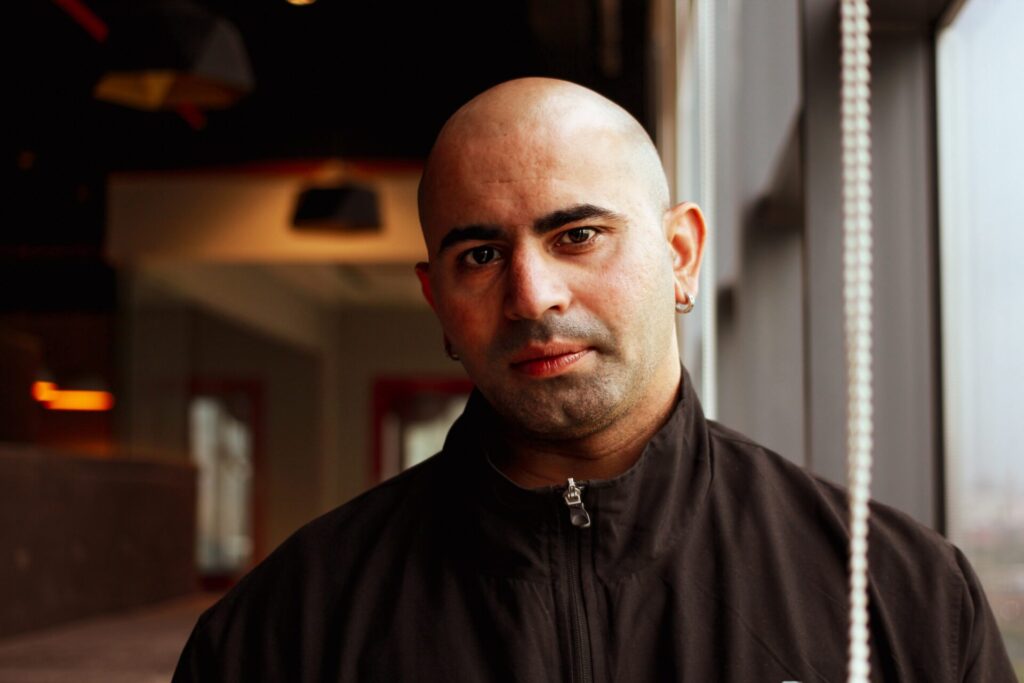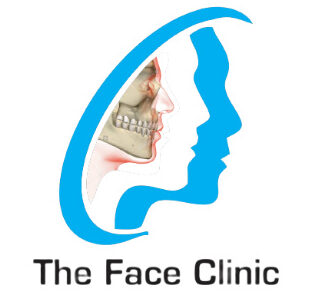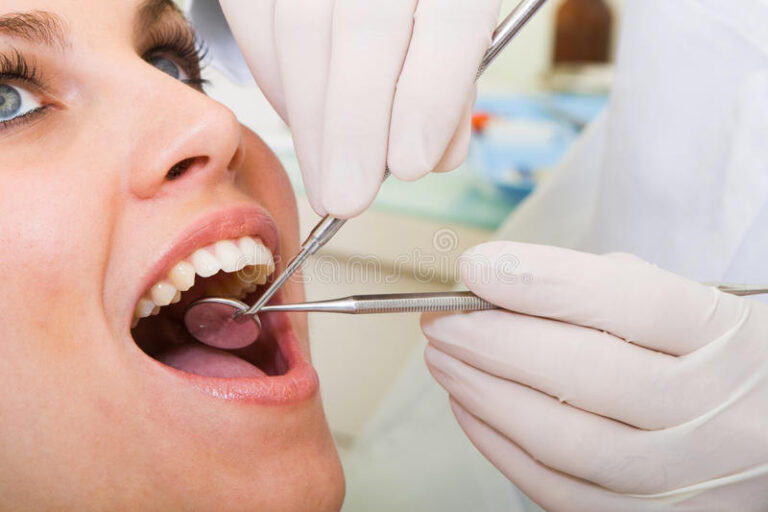As human nature, everyone wants to get a perfect look. A hair transplant enhances one’s appearance and boosts self-confidence. The importance of looking and feeling good is inherent to human nature, and hair plays a significant role in defining our overall aesthetic appeal.

Suppose you’re looking for hair transplant. At first, you need to know what is hair transplant and if you really need it.
Let’s read with us until the end to get deep insights about hair transplants.
Why Does Hair Loss Occur?
Various factors, including genetics, hormonal changes, certain medical conditions, medications, and lifestyle factors, can cause hair loss. While non-surgical options, such as medications and topical treatments, are available to manage hair loss, a hair transplant is often considered the most effective and long-lasting solution for restoring hair growth in areas of significant hair loss.
Here are some common factors that contribute to hair loss:
- Genetics: The most common cause of hair loss is hereditary androgenetic alopecia or male/female pattern baldness. Genetic factors and hormone levels influence this type of hair loss and can affect both men and women.
- Hormonal changes: Hormonal imbalances, such as those experienced during pregnancy, childbirth, menopause, or thyroid disorders, can lead to temporary or permanent hair loss.
- Aging: As we age, the rate of hair growth slows down, and the hair follicles may become less productive, resulting in thinning hair and eventual hair loss.
- Medical conditions: Certain medical conditions and illnesses, such as alopecia areata, scalp infections, autoimmune disorders, and hormonal disorders like polycystic ovary syndrome (PCOS), can cause hair loss.
- Medications and treatments: Some medications, including chemotherapy drugs, blood thinners, antidepressants, and certain acne medications, can lead to temporary or permanent hair loss as a side effect. Additionally, radiation therapy can cause hair loss in the treated area.
- Nutritional deficiencies: Inadequate intake of essential nutrients, particularly iron, zinc, biotin, and vitamins A, C, and D, can contribute to hair loss. A balanced diet is crucial for healthy hair growth.
What is Hair Transplant?
A hair transplant is a surgical procedure that involves moving hair follicles from one part of the body, called the donor site, to a bald or thinning area, known as the recipient site.
This procedure is primarily used to treat male pattern baldness but can also be used to restore hair in women and for other types of hair loss.
In this procedure, the dermatological surgeon moves the hair to the bald area of the head.
There are two commonly used techniques for hair transplantation:
- Follicular unit transplantation (FUT)
- Follicular unit extraction (FUE)
- In FUT, a strip of scalp containing hair follicles is removed from the donor site, typically the back or sides of the head, and the wound is closed with sutures. The strip is then dissected into individual follicular units transplanted into the recipient site.
- Conversely, FUE involves extracting individual follicular units directly from the donor site using a specialized punch-like instrument. These follicular units are then implanted into the recipient site.

Hair transplant procedures are usually performed under local anesthesia. Patients can often return home on the same day. The transplanted hair follicles are typically resistant to balding and will continue to grow naturally in their new location.
It’s important to note that hair transplantation is a surgical procedure and carries the usual risks associated with surgery, such as infection, bleeding, and scarring. However, these risks are minimal when performed by a skilled and experienced surgeon.
Is Hair Transplant painful?
It might be seen as painful, but actually, it is not. How good is this? You might get all of your hair back without any pain.
Hair transplant, a painless procedure, a ray of hope, reviving lost hair, helping confidence to cope. With skilled hands, surgeons work their art, bringing back thick braids, a brand-new start.
Benefits of hair transplant:
Benefits of hair transplant are magical. Finally, we talk about the fantastic results of hair transplantation. Here are the best benefits of hair transplant below.
Natural and Permanent Results:
The main advantage of hair transplantation is natural-looking hair. The transplanted hair follicles are resistant to the hormone responsible for hair loss and are also taken from areas of healthy hair growth. As a result, the transplanted hair continues to grow naturally and is not susceptible to further hair loss.
Improved Self-Esteem and Confidence:
Improved aesthetics often increase self-confidence and a more positive outlook. Persons’ self-esteem and confidence can be shattered by hair loss.
Minimal Downtime:
Hair transplantation is a minimally invasive procedure that typically does not require an extended recovery period. Most individuals can resume their normal activities within a few days following the procedure. It makes it a convenient option for those with busy schedules or limited time for recovery. Hair transplantation is best for people with busy schedules and limited time to recover because it is minimally invasive.
Cost-Effective in the Long Run
While the initial cost of a hair transplant may seem significant, it is essential to consider the long-term benefits. Once the transplanted hair follicles start growing, they require minimal maintenance and do not necessitate ongoing expenses for special shampoos, medications, or other hair loss treatments. Over time, this can make hair transplantation more cost-effective than continuous spending on temporary solutions.
Customized and Natural-Looking Hairline
Skilled hair transplant surgeons can design a hairline that suits the individual’s unique facial features, ensuring a natural and aesthetically pleasing outcome. The procedure allows for the precise placement of hair follicles, considering factors such as direction, angle, and density, resulting in a hairline that blends seamlessly with the existing hair. Hair transplant surgeons design a hairline that suits the individual’s unique features to ensure a natural and aesthetically pleasant look.
Low Risk of Complications
Hair transplantation is generally considered a safe procedure by a qualified and experienced surgeon. The risk of complications is minimal, particularly in comparison to other surgical interventions. Advances in technology and techniques have further reduced the risk of adverse effects, making it a reliable option for individuals seeking a permanent solution for hair loss.
Versatility and Flexibility:
Hair transplantation suits both men and women experiencing various types of hair loss, including androgenetic alopecia, receding hairline, and thinning hair. It can also restore eyebrows, eyelashes, and facial hair, providing versatility and addressing different aesthetic concerns. Both men and women who experience different types of hair loss are suitable for hair transplantation.
It’s essential to consult with a qualified hair transplant specialist to determine if you are a suitable candidate for the procedure and to discuss any individual concerns or expectations. Benefits of hair transplant are somewhat have good benefits to risk ratio.
Hair transplant Negatives
If you want anything new and exceptional in your life, you should sometimes take a risk for it. Hair transplantation is generally considered a safe procedure, but it carries some potential risks and complications like any surgical intervention.
Deep insights:
It is essential to be aware of these risks before undergoing the procedure. Here are some of the risks associated with hair transplantation:
- Bleeding: Small blood vessels are cut and repositioned during the hair transplantation procedure. It can lead to bleeding, but it is usually minimal and stops independently or with minimal intervention.
- Infection: Infection is a potential risk after any surgical procedure. However, the risk of infection in hair transplantation is relatively low. Surgeons take precautions to maintain a sterile environment during the procedure and prescribe antibiotics to minimize the risk of infection.
- Scarring: Hair transplantation involves making small incisions in the donor and recipient areas. Although efforts are made to minimize scarring. Small scars in both areas are possible. However, the scars are typically tiny and easily concealed by surrounding hair.
- Shock Loss: Shock loss refers to the temporary shedding of existing, non-transplanted hair in the recipient area following the procedure. It can occur due to the trauma of the surgery or as a result of the hair follicles entering a resting phase. In most cases, the hair regrows naturally within a few months.
- Numbness or Sensation Changes: Some individuals may experience temporary numbness or altered sensation in the donor or recipient areas following the procedure. It is usually temporary and resolves over time as the nerves heal.
- Unnatural Appearance: While hair transplantation aims to achieve a natural-looking outcome, there is a slight risk of the transplanted hair appearing unnatural. It can occur if the hairline design needs to be carefully planned. If the density or angle of the transplanted hairs needs to be appropriately matched with the surrounding hair.
It is important to note that the risks and complications associated with hair transplantation are relatively rare, and most individuals undergo the procedure without experiencing significant issues. Choosing a skilled and experienced hair transplant surgeon and following their pre-and post-operative instructions can help minimize the risks and optimize the chances of a successful outcome.
How Successful is the hair transplant surgery?
The success of a hair transplant surgery is highly dependent on the individual’s health and surgical skills of the performing doctor. Generally, the success rate of a hair restoration surgery is over 95%, as most patients are satisfied with the results. Hair transplants are one of the most successful cosmetic surgeries, increasing the patient’s self-confidence and providing long-term satisfaction. Although individual results may vary, it is safe to say that the vast majority of hair transplant surgeries come out successful, helping patients achieve their goals with little to no risk of complications or major side-effects.
The Face Clinic in Multan:
Multan, the city of saints and full of historical landmarks, has numerous clinics and specialists offering hair transplant services. When searching for the best hair transplant Clinic in Multan, it is essential to consider certain factors to ensure you receive quality care and achieve desirable results.
While searching for the best clinic, some factors should keep in mind.
- Research: Conduct thorough research to identify reputable hair transplant clinics in Multan. Look for clinics with a strong track record, positive patient reviews, and experienced hair transplant surgeons.
- Surgeon’s Expertise: Assess the expertise and qualifications of hair transplant surgeons. Look for their credentials, experience performing hair transplant surgeries, and reputation in the field.
- Techniques and Technology: Inquire about the techniques and technology used by the clinic. Modern techniques such as FUT and FUE are commonly practiced. Ensure that the clinic offers the latest advancements in hair transplant procedures.
- Before and After Hair transplant surgery: Request to see before and after photos of previous patients of clinic. Patients who have undergone hair transplant procedures. It will give you a visual understanding of the results that can be achieved.
- Consultation: Schedule a consultation with the hair transplant clinic. Discuss your specific concerns, expectations, and the procedure’s viability for your particular case. Use this opportunity to ask questions and assess the professionalism and knowledge of the clinic’s staff.
About The Face Clinic Multan
The Face Clinic is the best clinic in Multan for hair transplants and other aesthetics treatments. They have expert and highly skilled surgeons working here for many years. Their clinic is one of the best for all hair transplant procedures and treatments for various hair problems.
Check out their website and read all their positive feedback on their webpage. You can contact consultant dermatologists on their websites. They give you the best advice and recommend the best treatment for your hair loss condition. They assure you that their services will bring you smiles. Benefits of hair transplant are best gained when you are in hand of expert hair transplant surgeon.
Take-home message:
In conclusion, hair transplantation offers several significant benefits for individuals experiencing hair loss or thinning. This surgical procedure provides natural and permanent results by transplanting hair follicles from donor areas to areas affected by hair loss. The transplanted hair grows naturally, making it resistant to further hair loss.
Beyond cosmetic improvements, hair transplantation can profoundly impact an individual’s self-esteem and confidence, restoring a fuller head of hair and enhancing their overall appearance.
While the initial cost may seem significant, hair transplantation can be a cost-effective solution. In the long run, as it eliminates the need for continuous spending on temporary treatments. It is crucial to consult a qualified hair transplant specialist to determine suitability and address individual concerns and expectations.







One Comment
Comments are closed.